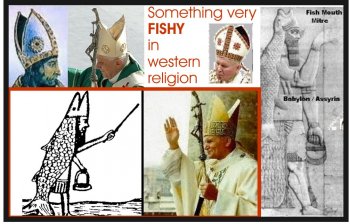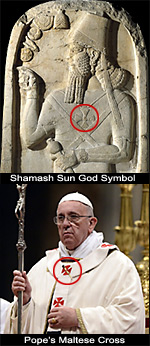OzSpen
Well-Known Member
- Mar 30, 2015
- 3,728
- 796
- 113
- Faith
- Christian
- Country
- Australia
Tom,tom55 said:Your welcome. Thank you for responding and your apology. Some on this site have a problem with apologizing.
For me that leads to a question (in my own little head) that you may be able to help me answer:
There are lot's of things that various Christian Churches practice that are not in the NT! Does that make their Doctrine or interpretation of Scripture wrong?
For me to answer the doctrine question I always fall back to my first love; History! (early church father writings)
Even though there may be practices (church buildings, crosses, holy water, incense, etc) that are not stated in the NT, my understanding is that the primary way to know if doctrine of Scripture is right or wrong is to check the church's or denomination's 'Statement of Faith'. Does this Statement of Faith agree with Scripture? To me, that's the only test that matters. This is where a discussion with the elders of the church about questions you have about the Statement is necessary.
Going to the early church fathers (ECF) for help will probably get you into more trouble than enough because there is so much divergence of opinion in the ECF. There are those who accept baptismal regeneration (e.g. Irenaeus, Tertullian, Origen, Ambrose) and those who do not. See the article, 'Baptism and Salvation', which gives the names of the ECF who supported and disbelieved the teaching on baptismal regeneration. Then there was the teaching of Tertullian who was a Montanist, an early Pentecostal (see New International Dictionary of Pentecostal and Charismatic Movements), which was a view not supported by most of the ECF.
That's why I would not use the ECF as a way to check out doctrine. Instead, I would use Scripture as the primary source and only use the ECF to check how they interpreted the doctrine. For me it's 'Scripture alone' as the standard for any doctrine, but I understand Scripture needs to be interpreted as it is written in a foreign culture in another language to my own.
I also enjoy history, but it is not infallible. Scripture is infallible in the original documents. See 'The History of the Doctrine of Inspiration From the Ancient Church Through the Reformation' (James Sawyer) for an examination from history of what the early church taught about Scripture.
Oz



